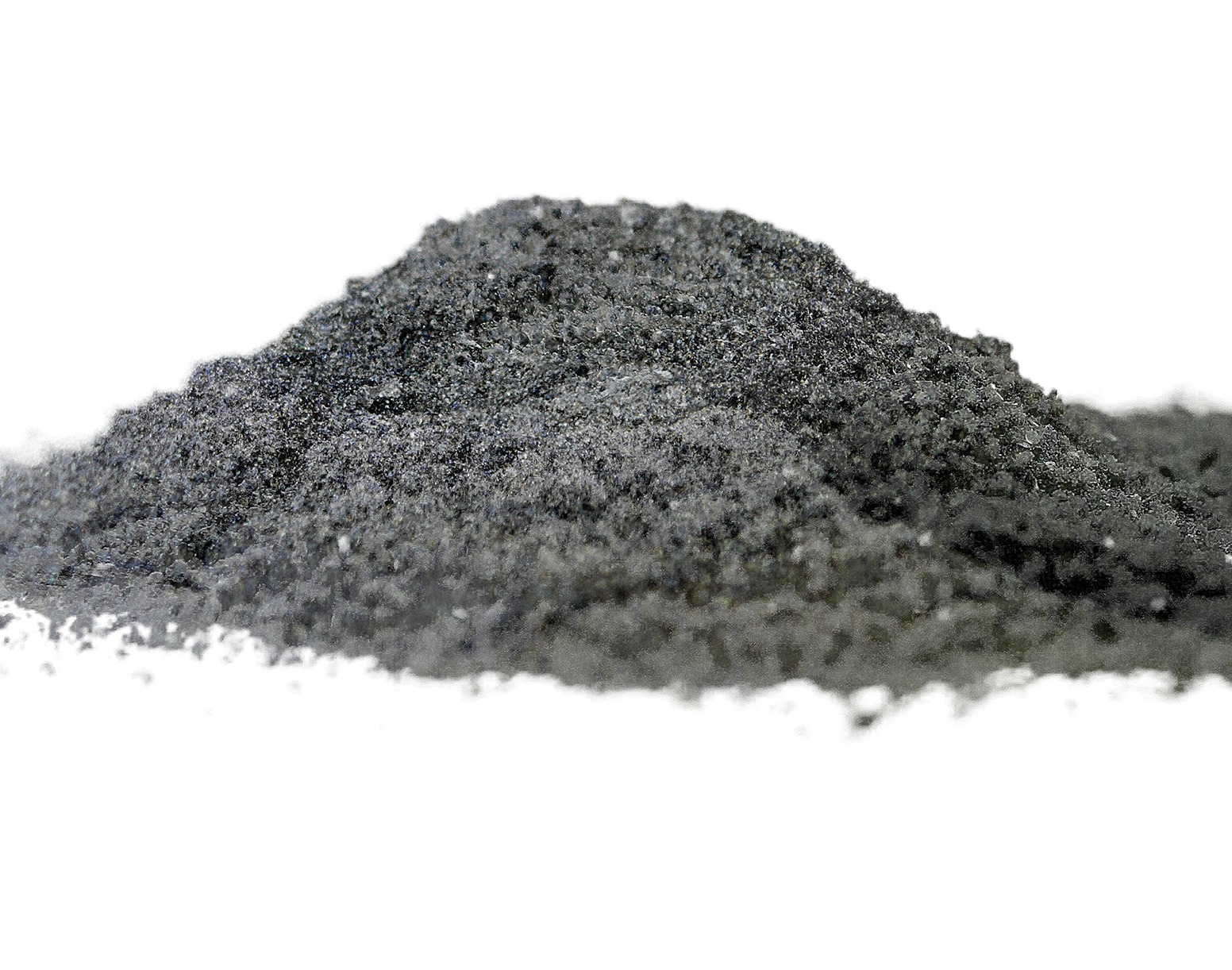Ask our team. We’re here to help.
Titanium producers face a unique set of challenges: high-cost inputs, complex melting processes, and rising demand due to the metal's unique properties. Demanding application and production requirements makes it imperative to select knowledgeable, reliable suppliers. This is especially true for industrial gas supply, where titanium producers have unique requirements for the selection, storage and use of industrial gases - and where reliable supply is paramount.
As the industrial gas supplier who owns and operates the largest privately held domestic helium reserve and a robust argon supply network, Messer offers unmatched security of supply.
Messer’s quality gas products, robust gas supply systems, and application expertise are backed by decades of experience working with titanium processors across melting, casting, powder production, and additive manufacturing support. This powerful combination allows our team to operate as a trusted partner throughout multiple phases of the titanium value chain.
As demand rises across aerospace, medical, and advanced manufacturing markets, titanium producers face growing pressure to optimize their operations and meet increasing production targets. Messer collaborates with customers to improve cycle times, gas efficiency, and system reliability. Reliable gas supply, appropriate gas selection, and having the proper gas supply set up play a critical role across every stage of the titanium lifecycle process.
Why trust Messer’s quality gas supply:


Messer supports titanium processors across every stage of the production lifecycle. Whether you're converting ore to sponge, blending scrap, or atomizing titanium for 3D printing, Messer provides the gas expertise and supply stability you need.
Titanium sponge or scrap is embrittled by reacting with hydrogen then crushed to the desired particle size. Hydrogen is later removed under high-temperature vacuum. Argon maintains an inert atmosphere during dehydrogenation, preventing oxidation.
During ceramic mold preparation, argon minimizes oxidation and helps control temperature to avoid unwanted reactions. When molten titanium is poured into these molds it is extremely reactive. Argon provides a sealed, inert atmosphere that prevents oxidation and embrittlement.
From aerospace to medical implants, titanium powder's fine particle size allows complex, high-precision parts with minimal material waste and machining. The powder is made through processes like gas or plasma atomization. Because of its high density and inertness, Argon is used to prevent nitrogen and oxygen from reacting with titanium at these high temperatures.
Titanium powder can be mixed with other alloying elements or lubricants to achieve desired part properties. Argon is used in the following downstream processes to prevent unwanted reactions:
Argon is produced by separating air into its major components through a process called fractional distillation. Though argon is not as abundant as nitrogen or oxygen in the air, it can be produced anywhere. However, helium is extracted from deposits underground in remote often geopolitically unstable areas of the globe inherently making its price volatile. Because Messer has a robust national argon network and the largest domestic helium reserve, we offer unparalleled security of supply.
Helium and argon are both noble gases meaning that they are inert and do not readily react with titanium, even at high temperatures. However, they have different physical properties that make each better suited for specific process steps.
Helium is lighter and has higher thermal conductivity, which allows it to transfer heat more efficiently when electrically ionized. This makes it ideal for high-temperature melting applications, where fast and even heat transfer is critical. Its small atomic size also makes it highly effective for leak detection.
Argon, being denser and more cost-effective, is typically used to create a protective barrier that shields titanium from reactive gases like oxygen and nitrogen during processing. It’s the preferred gas when extreme thermal properties aren’t required.
Messer helps titanium producers identify when helium is essential, ensuring its use is both effective and cost-efficient.
Yes, Messer’s experienced team has conducted site assessments at titanium production facilities and found opportunities to replace helium with argon, a less costly gas. In many cases, helium can be replaced with argon at certain process conditions without sacrificing product quality.
We own and operate the only U.S.-based helium reserve through our acquisition of the Bureau of Land Management’s Cliffside Helium Enrichment Unit (CHEU), which produces more than 10% of the world’s helium supply. This gives Messer customers access to the largest reservoir of domestic helium and protection from volatile global markets. In addition, Messer operates one of the strongest argon networks in North America.
Messer supports its customers through proactive monitoring, and streamlined, reliable gas delivery. Our scheduling center operates 24/7 to coordinate deliveries nationwide, using real-time inventory data transmitted directly from customer sites so you don’t need to worry about placing orders or running short during critical production windows.
